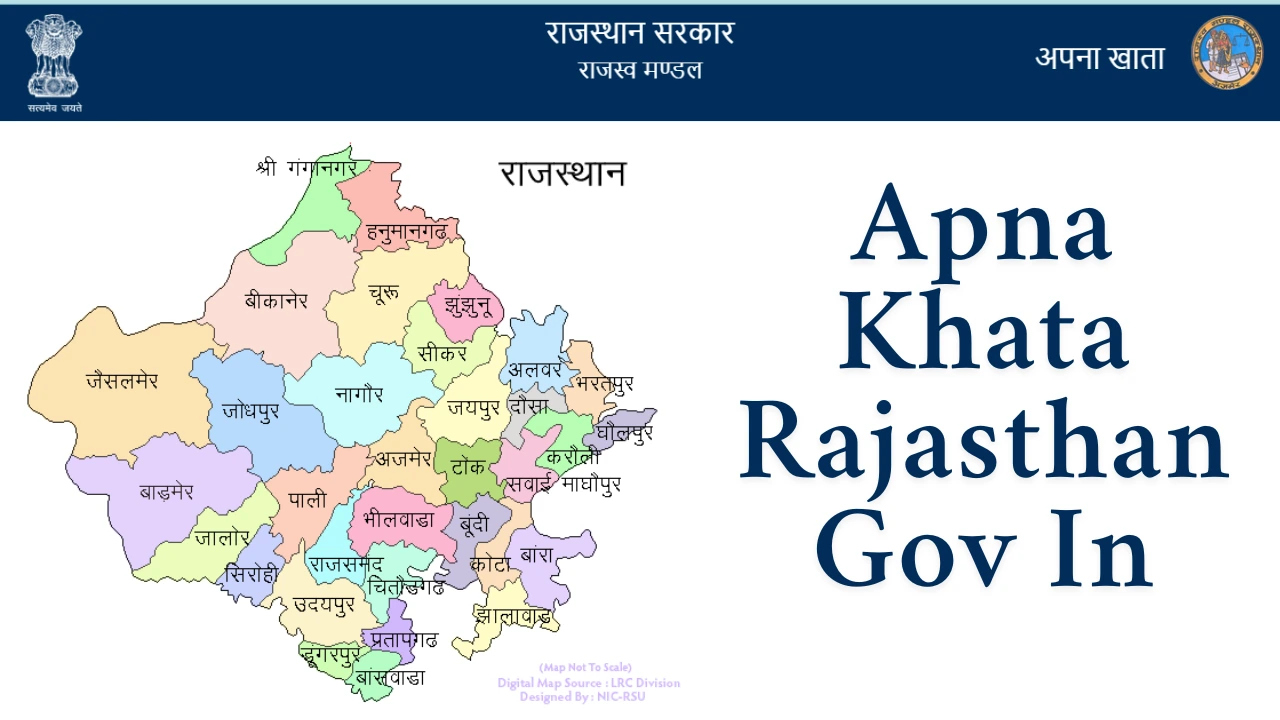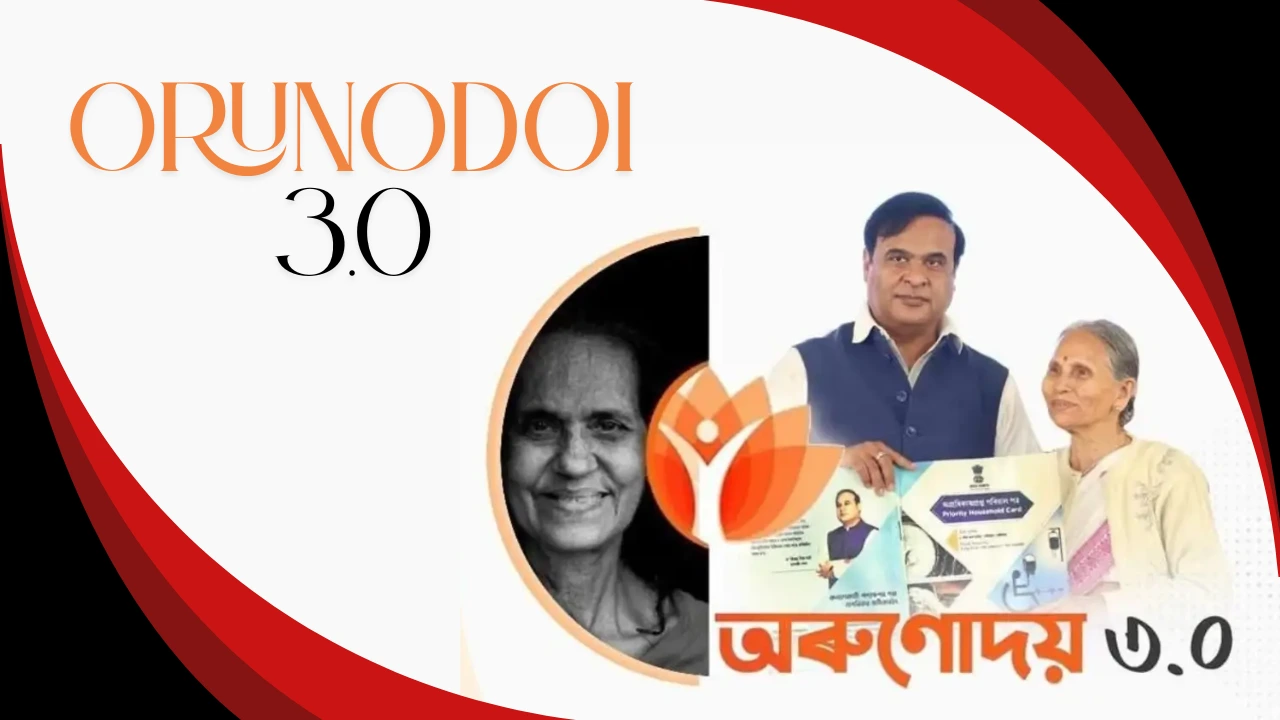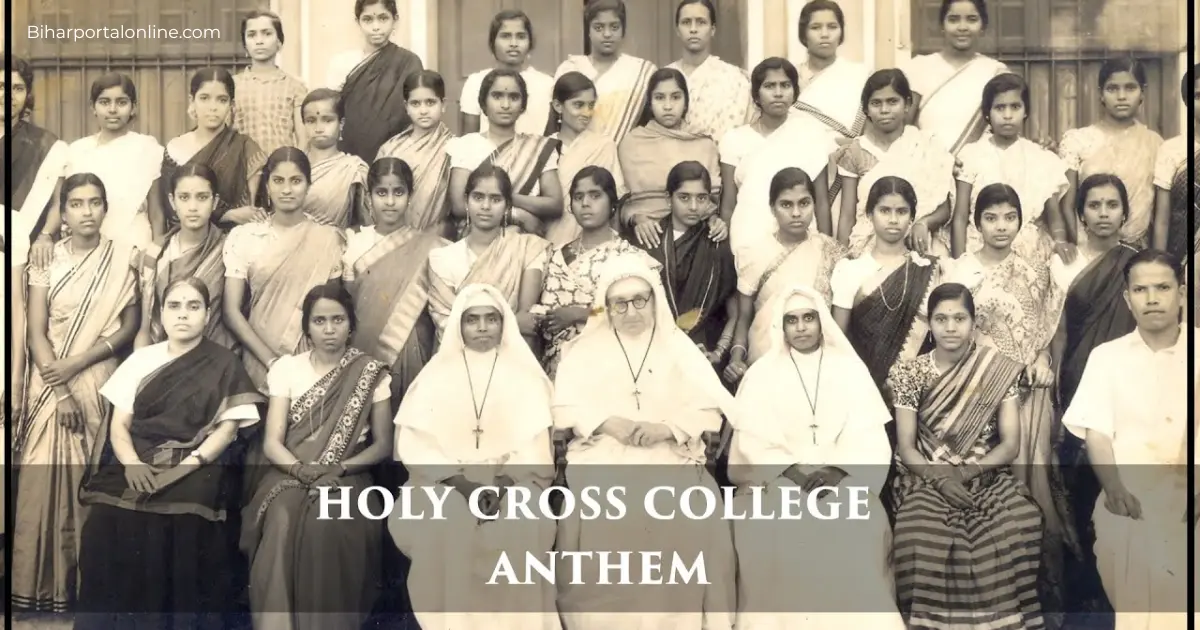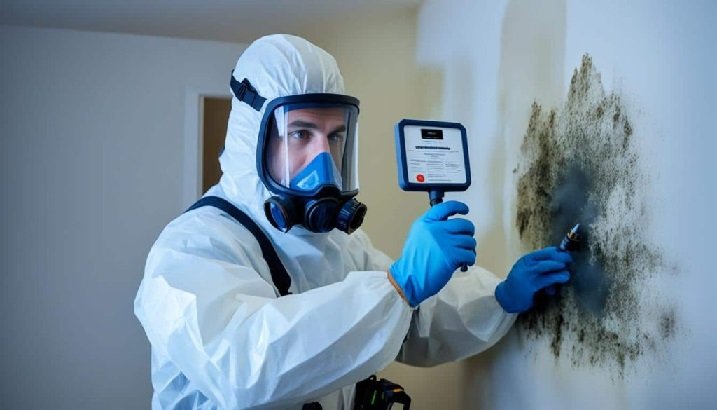ICPS requires SCPS Bihar to look after children and make sure their rights are protected all over the state. The organization is crucial in setting up a system that gives children at risk the help and care they need. SCPS Bihar has always been involved in supporting child rights and handling matters of exploitation, abuse and neglect in the whole state.
We will mention the goals, duties, working model and how SCPS Bihar influences the area and further explain its programs and point out the challenges it encounters. These points are studied to find out how the organization supports the safety and well-being of children in Bihar.
What is SCPS Bihar?
SCPS Bihar or the State Child Protection Society of Bihar, is supervised by the Department of Social Welfare in the Government of Bihar. The organization is significant for Child Protection Services (CPS) within Mission Vatsalya, the earlier version of which was the Integrated Child Protection Scheme (ICPS). The main goal of SCPS Bihar is to keep children in the state safe from harm and protect them from issues such as abuse, neglect and exploitation. SCPS Bihar is putting in place new policies and programs to help protect children, make their environment protective and ensure they benefit from their rights and welfare.
SCPS Bihar is designed to set up a strong and quick child protection system in the state that gives every child their rights, mainly those who are:
- Orphaned
- Abandoned
- Trafficked
- Abused
- Missing or in conflict with the law
Objectives of SCPS Bihar
The key objectives of SCPS Bihar include:
- Building state-level programs to protect children by giving them personalized support and protection.
- Working to improve the effectiveness of child care institutions by using the best practices, offering staff members training and meeting both national and international standards.
- Carrying out reviews of Child Care Institutions (CCIs) to see how they are functioning, spot flaws to improve and ensure kids are well cared for.
- Ensuring that many government agencies and departments working on child welfare services unite to help address the different needs families and children have.
- Sharing information about the rights of children and helping people and groups to advocate for them by launching targeted campaigns, educational events and community activities.
Organizational Structure of SCPS Bihar
Under the law, the SCPS of Bihar has the main duty of implementing and overseeing all child protection activities in the state. It is important for this organization because it helps protect and look after children by cooperating with several statutory and non-governmental organizations. With these partnerships, the SCPS hopes to build a complete system for child protection that covers matters like abuse, neglect and exploitation. Using the assistance and knowledge of its partners, the SCPS is working on improving child welfare programs and helping at-risk kids by offering them support.
Key Units Under SCPS Bihar:
- District Child Protection Units (DCPUs): Each district in Bihar has a DCPU that works under SCPS to manage and monitor child protection efforts at the district level.
- Child Welfare Committees (CWCs): These quasi-judicial bodies deal with cases of children in need of care and protection.
- Juvenile Justice Boards (JJBs): They handle cases of children in conflict with the law.
- Specialized Adoption Agencies (SAAs): These are responsible for legal adoption processes in the state.
- Child Care Institutions (CCIs): Includes shelter homes, observation homes, and children’s homes.
- State Adoption Resource Agency (SARA): Functions under SCPS to regulate and promote in-country adoption.
Major Functions of SCPS Bihar
SCPS Bihar performs a wide range of responsibilities, including:
- Policy Development: Designs child protection policies that fit in with the country’s official rules, mainly referencing the Juvenile Justice (Care and Protection of Children) Act of 2015, to make certain all services are proper and efficient for vulnerable children.
- Training and Capacity Building: Promotes the training of official and unofficial staff involved in child welfare which in turn helps guide more informed decisions in complex cases.
- Oversight of Child Care Institutions: Monitors CCIs to make sure that minimum care standards are met, all facilities are part of the Juvenile Justice Act and children in institutional care are protected.
- Rescue and Rehabilitation Initiatives: Teams up with law enforcement and NGOs to help children who are victims of labor or sex exploitation or trafficking and helps to reintegrate them into society with support.
- Financial Oversight and Community Outreach: Arranges the budget needed for child protection work and sees that the funds are distributed to various activities statewide. They also lead campaigns to make sure people in Bihar know about child rights and the services that can help at-risk families
SCPS Bihar and Mission Vatsalya
Earlier functioning under ICPS, SCPS Bihar is now integrated with the Mission Vatsalya, launched by the Ministry of Women and Child Development in 2021. The goal of Mission Vatsalya is to ensure the holistic development and welfare of children through a coordinated approach.
Under this mission, SCPS Bihar receives central and state assistance for:
- Foster care
- Sponsorship programs
- Aftercare support
- Child tracking and monitoring systems
The Child Protection Management Information System (CPMIS) is also used by SCPS Bihar for real-time tracking of children in need.
Recent Initiatives by SCPS Bihar
SCPS Bihar has introduced several initiatives to address emerging child protection challenges:
- Emergency Helpline 1098: This helpline operates around the clock in partnership with the Childline India Foundation, facilitating prompt rescue operations and enabling the reporting of child-related emergencies to ensure swift intervention and support.
- Baal Snehi Abhiyan: This initiative aims to facilitate the reintegration of children living on the streets into mainstream society, providing them with essential resources, support systems, and opportunities for education and personal development to foster a sense of belonging and stability.
- Digitization of Records: The implementation of electronic forms and digital monitoring systems is designed to improve transparency in operations, streamline processes, and minimize delays in service delivery, thereby enhancing overall efficiency in managing child welfare cases.
- Rehabilitation of Orphaned Children Post-COVID-19: In response to the significant number of children orphaned as a result of the COVID-19 pandemic, special provisions have been established to provide comprehensive care, emotional support, and necessary resources to ensure their well-being and integration into safe environments.
- Collaborative Efforts for Child Welfare: Various stakeholders, including government agencies, non-profit organizations, and community groups, are working together to create a robust framework for child protection and welfare, focusing on prevention, intervention, and rehabilitation strategies to address the diverse needs of vulnerable children.
Partnership with NGOs and Civil Society
SCPS Bihar collaborates with a diverse array of non-governmental organizations to enhance its outreach and effectiveness in various initiatives. These partnerships are instrumental in facilitating a range of activities that address critical social issues, including education, health care, and community development. By leveraging the expertise and resources of these NGOs, SCPS Bihar is able to implement programs that not only meet the immediate needs of the communities it serves but also promote sustainable development. The NGOs contribute valuable insights and local knowledge, which help tailor interventions to the specific contexts and challenges faced by different populations. This collaborative approach ensures that efforts are more impactful and resonate with the communities, ultimately fostering a stronger, more resilient society.
- Conducting awareness drives
- Identifying children in distress
- Managing short-stay homes and child helplines
- Providing psychological counseling and legal aid
This public-private partnership model has allowed SCPS Bihar to handle a larger volume of cases more efficiently.
Legal Framework Supporting SCPS
SCPS Bihar functions within a clearly established legal framework that encompasses various regulations and guidelines.
- The Juvenile Justice (Care and Protection of Children) Act, 2015
- The Protection of Children from Sexual Offences (POCSO) Act, 2012
- The Right to Education Act, 2009
- The Child Labour (Prohibition and Regulation) Amendment Act, 2016
These acts provide the foundation for all child protection-related actions and enable the SCPS to take legally sanctioned steps for child welfare.
Challenges Faced by SCPS Bihar
Despite its crucial role, SCPS Bihar faces multiple challenges:
- There is a significant lack of adequately trained staff within District Child Protection Units (DCPUs) and Child Care Institutions (CCIs), which hampers the effectiveness of child protection services and limits the ability to address the needs of vulnerable children adequately.
- Rural areas often suffer from insufficient infrastructure, including inadequate transportation, communication systems, and access to essential services, which complicates the implementation of child protection initiatives and restricts outreach efforts to at-risk populations.
- The process of securing funding for child protection programs is frequently delayed due to bureaucratic obstacles, resulting in a lack of timely resources necessary for effective intervention and support for children in need.
- Public awareness regarding child protection laws remains low, leading to a lack of understanding and engagement from the community, which is crucial for fostering a supportive environment for the protection and welfare of children.
- Rescued or rehabilitated children face numerous challenges during reintegration into society, including social stigma, lack of family support, and insufficient access to education and employment opportunities, which can hinder their successful transition and overall well-being
SCPS Bihar continues to address these issues through strategic partnerships and policy reforms.
How Citizens Can Support
Public participation plays a major role in the success of SCPS Bihar. Here are some ways individuals and organizations can help:
- Report cases of child abuse, child marriage, or child labour.
- Volunteer with local NGOs or DCPUs.
- Adopt legally through authorized agencies.
- Raise awareness about child rights in your community.
- Use and promote Childline 1098 for emergencies.
Conclusion
SCPS Bihar is more than just a government body—it’s a guardian of child rights in the state. From street children and orphans to victims of trafficking and abuse, SCPS Bihar is actively working to provide a safe and nurturing environment for every child. While challenges remain, its role under Mission Vatsalya ensures that the child protection system in Bihar becomes stronger, more responsive, and more inclusive.
The collective efforts of the government, NGOs, and civil society will ultimately shape a safer future for the children of Bihar.
Read Our more blogs…















Leave a Reply